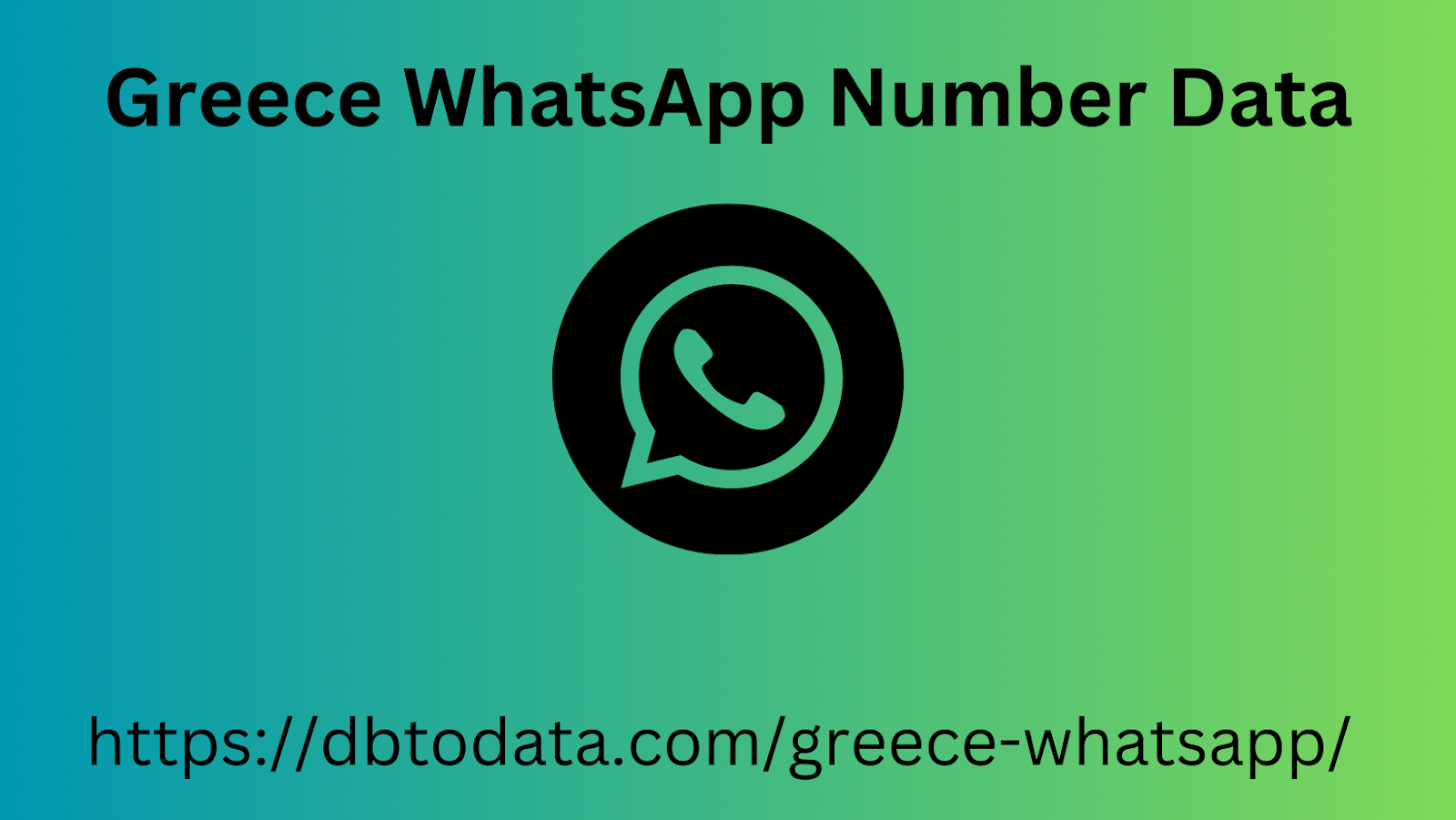|
|
The power of RLSA lets brands cherry-pick their best people of the total pool of search queries – these are (a) the users that are 2-3x more likely to click: rlsa vs non rlsaAnd (b) 2-3x more likely to convert to a customer, too: rlsa conversion rates(Note: The data sources for the graphs above are three large WordStream clients advertising in the US for a 90-day period in Q2 and Q3 of 2016. We targeted the same keywords with and without RSLA, all other campaign elements remaining the same.
We didn’t aggregate data across our client base because it’s hard to compared Greece WhatsApp Number Data conversion rates across different industries with different offers.)It’s the most efficient and fair way to split up the pie of available search queries. Sure, there might be some overlap between audiences, but it would be substantially less than 100 percent.And that’s exactly what brands are doing when they run vanilla (non-RLSA) search advertising campaigns. For example, when someone searches Google for “cell phone” that person may have a strong affinity for a certain provider – if that person isn’t already biased toward your brand, then what could you hope to get from that ad impression.

Previously, I’ve advocated for advertisers in ridiculously competitive niches to dump vanilla search altogether and only do RLSA campaigns, then divert the “savings” towards cheaper, more leveraged remarketing cookie-pool growth strategies like social and display advertising. , you’ll both be better off.Again, this is all just theoretical. I don’t have an actual case study. But in theory, advertisers could greatly benefit by expanding the scope of non-competitive targeting schemes to include audiences.PPC Game Theory Strategy And2: Customer Exclusionary TargetingAnother way to apply game theory to AdWords is with exclusionary targeting.
|
|